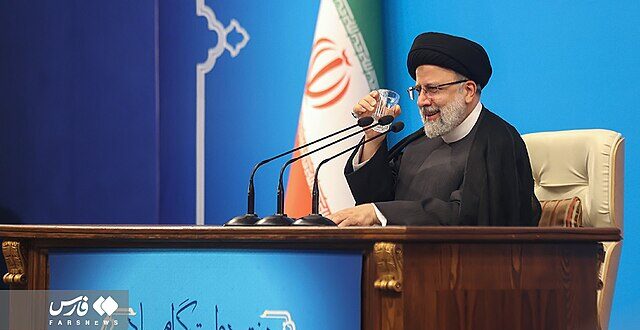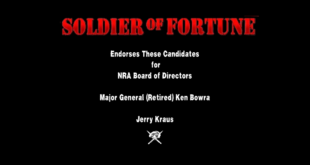The United States pledged to monitor how Iran spends $6 billion in funds unfrozen as part of a prisoner swap deal, after Iranian President Ebrahim Raisi said it was up to Tehran to decide how the money would be used.
“If Iran tries to divert the funds, we’ll take action, and we’ll lock them up again,” said John Kirby, National Security Council coordinator for strategic communications, during Wednesday’s White House briefing.
Five American citizens imprisoned in Iran on charges of collaborating with a hostile government were transferred last month from Evin prison in Tehran to an unspecified hotel amid reports that the United States and Iran had reached a deal on a prisoner swap.
READ MORE about the prisoner swap.
The U.S. citizens were transferred on August 10 after months of closed-door negotiations between Tehran and Washington.
The swap includes releasing Iranian funds that the U.S. previously froze. With the prisoner deal on the table, the frozen funds are being transferred from accounts in South Korea to accounts in Qatar.
Kirby insisted the transfer is not a ransom payment or a blank check.
“They don’t get to spend it any way they want,” he said. “It’s not $6 billion all at once. They will have to make a request for withdrawals for humanitarian purposes only, and that will be sufficient oversight to make sure that the request is valid.”
Kirby appeared to be pushing back against Raisi’s statement during a Tuesday interview with Lester Holt of NBC News that the money belongs to Tehran and that they would spend it for their needs.
“Humanitarian means whatever the Iranian people need, so this money will be budgeted for those needs. And the needs of the Iranian people will be decided by the Iranian government,” Raisi said through an Iranian government-provided translator.
Raisi said that the five Americans due to be released were in good health and that the final swap “should be finalized in due time.” The State Department has identified three of them: Siamak Namazi, Emad Sharqi and Morad Tahbaz.
It is unclear how much oversight the U.S. will have once the funds are disbursed, said Alex Vatanka, founding director of the Iran Program at the Middle East Institute.
“You would hope that the Iranian regime is wise enough to make sure this money is actually spent on the well-being of the Iranian people,” Vatanka told VOA. “And not to be funneling this money for any support of militant groups that Iran has under its flag, whether in Iraq and Syria and Lebanon or elsewhere.”
Republican criticism
The United States will also free five Iranians as part of the agreement. Republicans, including former President Donald Trump, have criticized President Joe Biden for his decision.
“Can you believe that Crooked Joe Biden is giving $6 Billion to the terrorist regime in Iran? That money be used for terrorism all over the Middle East, and, indeed, the World,” Trump wrote Monday on Truth Social.
In 2016, Republicans also decried as ransom a payment the Obama administration made in a prisoner swap that involved settling a decadeslong financial dispute with Iran. The deal led to a Washington payment to Iran of $1.7 billion.
In 2019, The Washington Post reported that Trump approved payment of a $2 million bill presented by North Korea to cover its care of comatose American Otto Warmbier, a college student who died shortly after being returned home from 17 months in a North Korean prison. Trump denies paying Pyongyang to release hostages.
With reporting by VOA
 Soldier of Fortune Magazine The Journal of Professional Adventurers
Soldier of Fortune Magazine The Journal of Professional Adventurers






